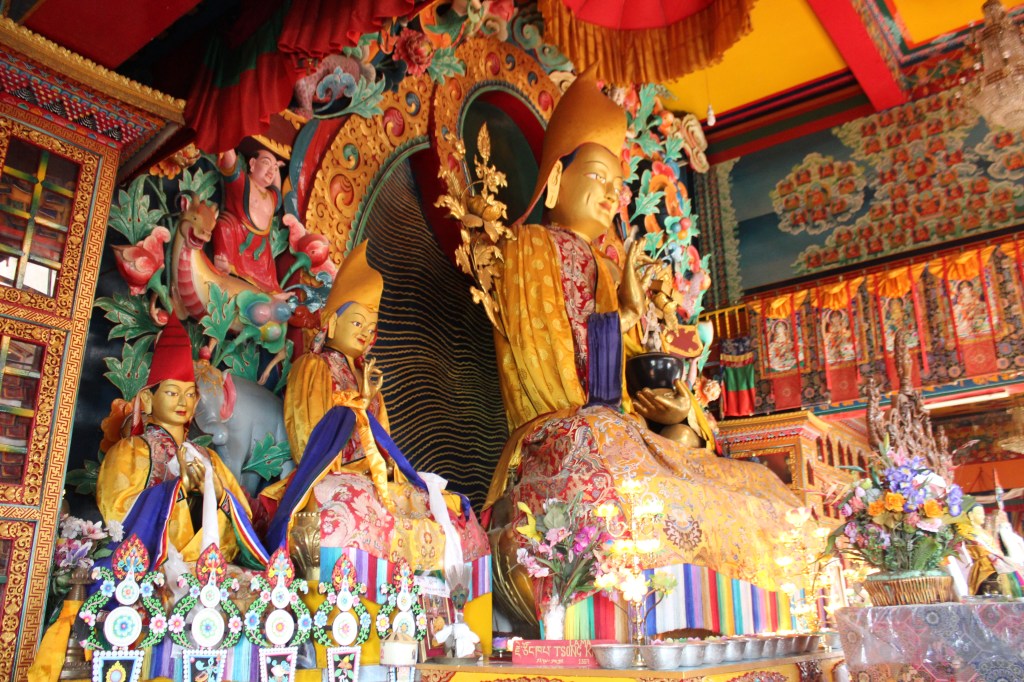Buddhism 499: Conciliation is always better than confrontation…
There is always an alternative to war and conflict. Conciliation starts at home. Such is the way of the world. If we can’t maintain the peace within our families, then how can we ever hope to keep the peace among such large, scattered and diverse groups as exist in the world these days, with eight billion souls and counting? Score one for samsara, the world in all its gory details: hate, greed, fear, and anger, watch your step and be on a constant lookout for danger.
But it doesn’t have to be that way. Except for chimpanzees—but not bonobos—no other species besides glorious homo sapiens feels the need to kill for any other reason than to acquire food. We do it because we’re wired that way, I guess, DNA and all that rap, A, C, G, T nucleotides, with sometimes Y and W (just kidding), as if all our thoughts and emotions were pre-programmed at the factory, just like the determinists claim, and all our actions doomed to repetition and suffering.
Enter religion, and now we have reason and inspiration to up our game. For now, we have expanded our family to include all like-minded souls, regardless of race, gender, or geography, the only problem being, of course, that that is still not enough. For one thing, different religions don’t always agree with their own governments, much less with each other. Still there is hope, and the rule of thumb to ‘leave well enough alone’ is not a bad guide for the guileless. Sometimes you don’t have to do anything. You have to do nothing—quickly. And like so, determination can defeat determinism, and peace can prevail.









Reply